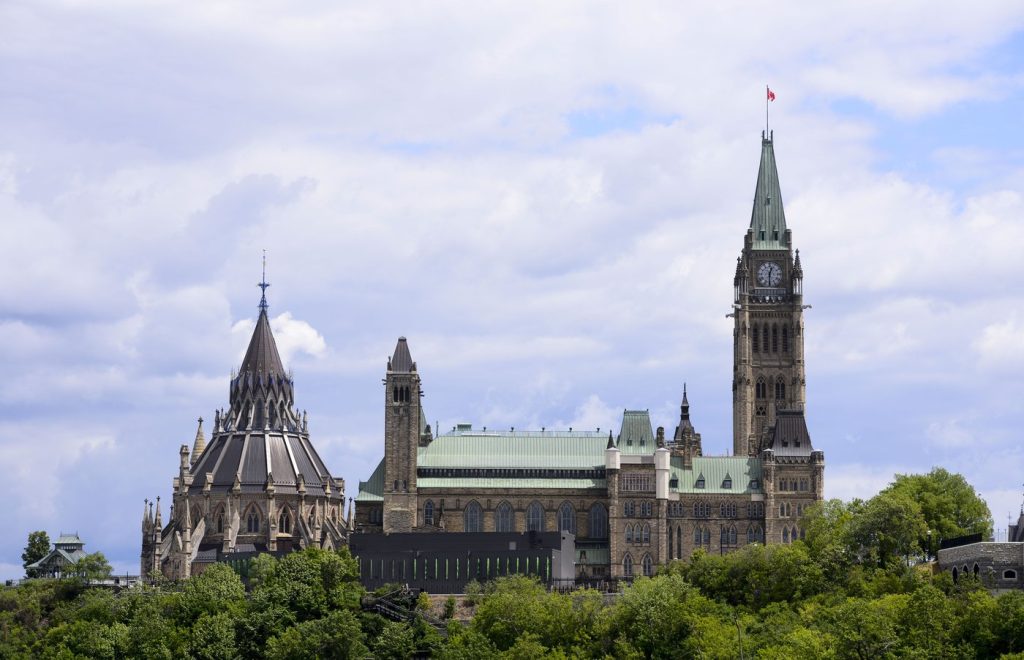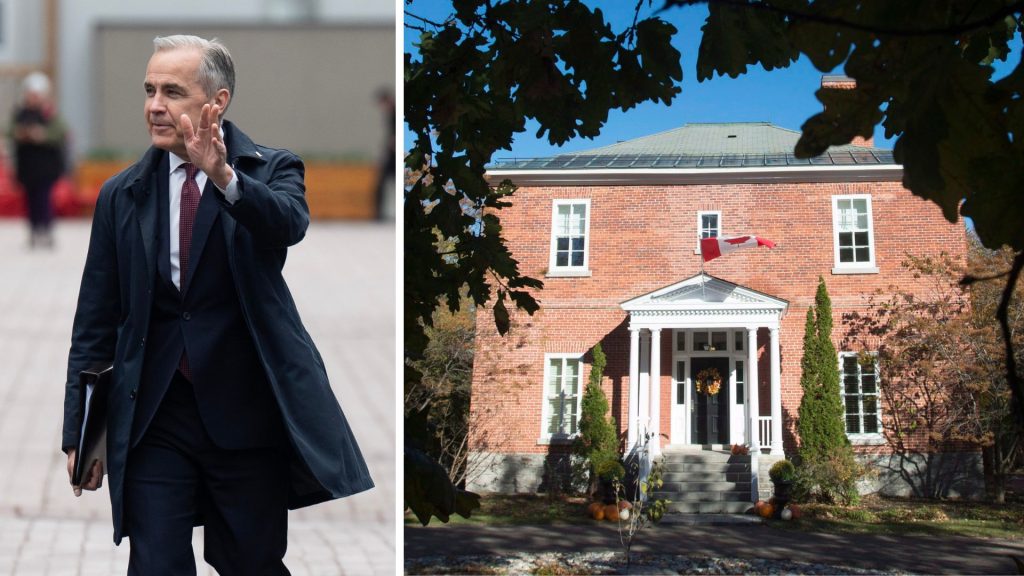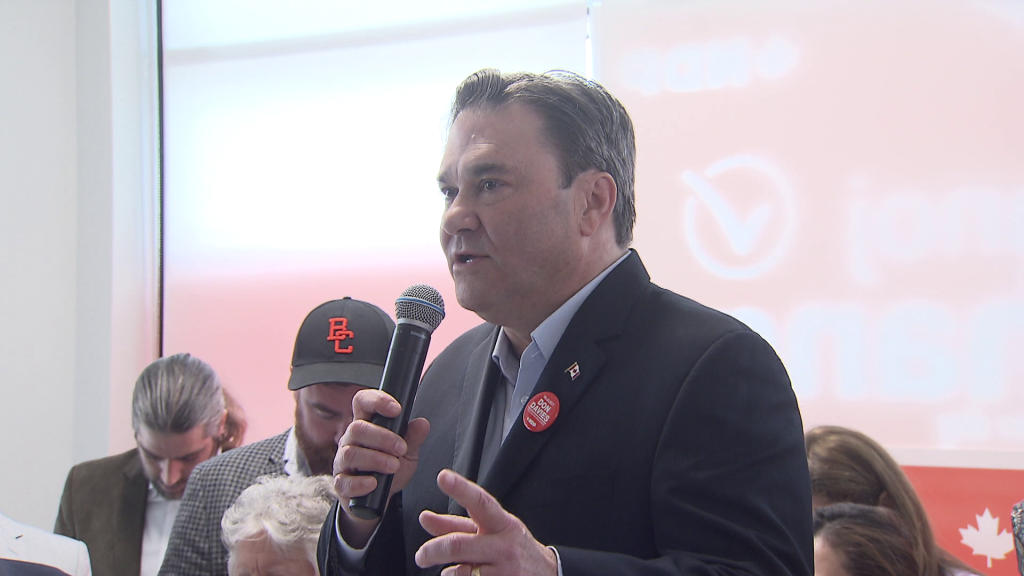OTTAWA – On the afternoon of Monday, April 28, Sima Acan, who recently became a member of Parliament (MP), joined 14 other rookie MPs for an orientation session in Ottawa. This cohort of new MPs is part of a significant electoral shift, as Canadians voted in 117 new MPs, which constitutes approximately one-third of the 343 total MPs in the House of Commons. This introductory program, designed to ease new representatives into their roles, has been in place since 2019.
The highlight of Acan's day was receiving her Parliamentary photo ID card, her third identification since moving to Canada. “This is a milestone,” she remarked, proudly displaying her new card, having previously obtained a permanent resident card and Canadian citizenship. Acan, who immigrated from Turkey at the age of 24, makes history as the first Canadian of Turkish descent elected to the House of Commons.
Among her new colleagues are fellow Liberals Marjorie Michel, who has taken over as the MP for the Quebec riding of Papineau after serving as deputy chief of staff to Prime Minister Justin Trudeau, and former broadcaster Evan Solomon. The group also includes Conservative MP-elect Jim Bélanger, who unseated the longtime Liberal MP Marc Serré in a newly redrawn riding outside Sudbury, alongside Red Deer’s new representative, Burton Bailey.
Reflecting on the learning curve inherent in their new roles, veteran Conservative MP Andrew Scheer emphasized the vast array of policy issues that new MPs must become familiar with. “Becoming a bit of a policy expert on dozens of areas requires a tremendous amount of effort and time,” he noted. The breadth of topics can be daunting for many new MPs as they embark on their legislative careers.
The orientation program covers a wide range of essential topics, including establishing both Parliament Hill and constituency offices, understanding financial resources available to them, and familiarizing themselves with House procedures. Additionally, new MPs are briefed by the sergeant-at-arms office, which this year introduced modules addressing foreign interference, an essential topic given the current political climate. Brigitte Lemire, co-leader of the MPs’ orientation program, explained the importance of discussing various security impacts in their constituency offices as part of the broader training.
Regarding office allocation, the parties are responsible for the distribution of available office spaces. The House of Commons provides an inventory list, and the arrangement typically begins with the governing party, followed by other recognized parties. Scott Lemoine, the other co-leader of the orientation program, highlighted that there may be some competition among returning MPs to swap for better office spaces, although most MPs are content with their assignments.
For MPs who were defeated in the election, they only have three weeks to vacate their offices, both on the Hill and in their constituencies. With Parliament scheduled to resume on May 26, it is essential that new MPs settle into their offices before then. Scheer humorously remarked on the complex dynamics of office allocation, stating that despite the intricacies involved, every MP should consider themselves fortunate to serve the constituents who elected them.
The week-long orientation process culminates in the MPs' first official day in the House of Commons, where after selecting a speaker, they quickly dive into their legislative responsibilities. Chris d’Entremont, who previously served as deputy speaker, reminisced on the awe that comes with taking on the position, expressing excitement at reuniting with colleagues from across the political spectrum.
This report details the experiences of newly elected MPs as they transition into their roles and emphasizes the importance of orientation sessions in equipping them for the responsibilities ahead.












